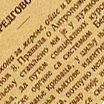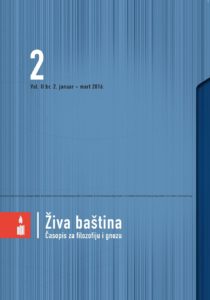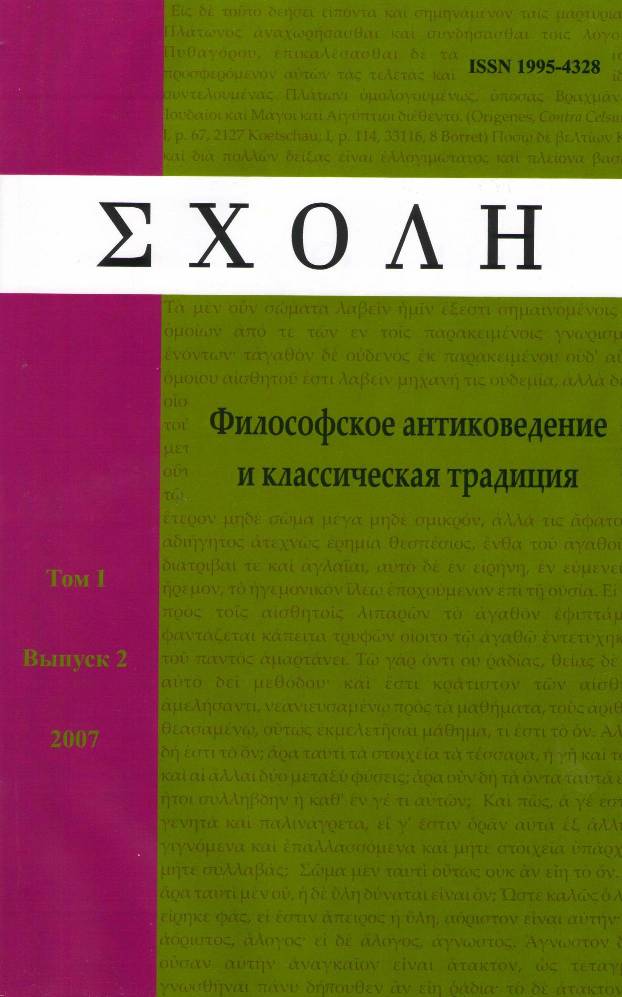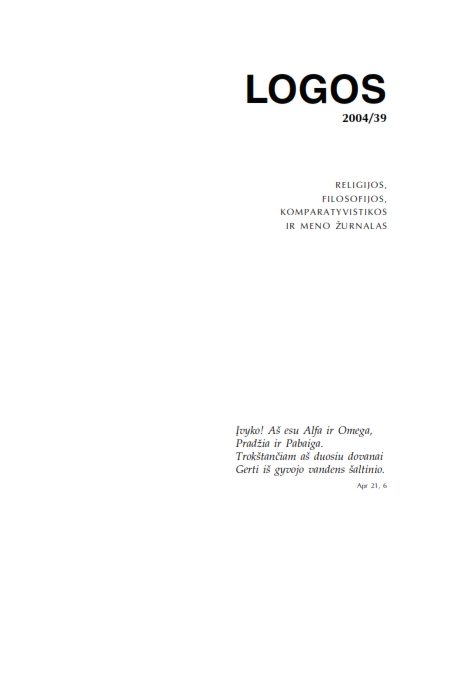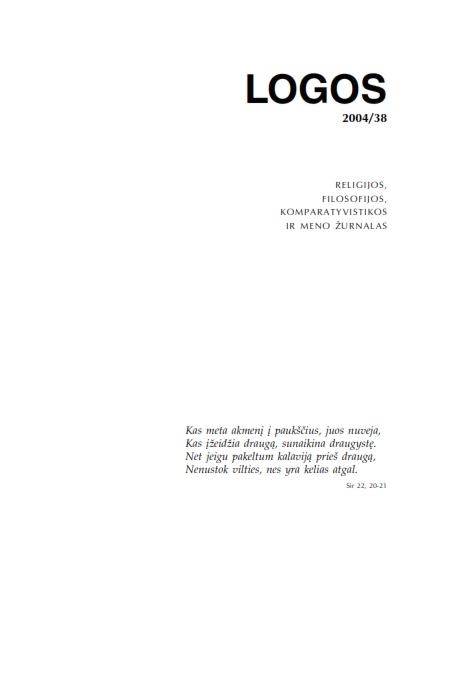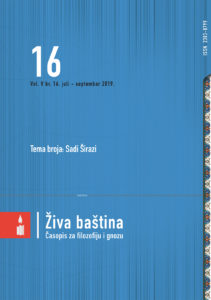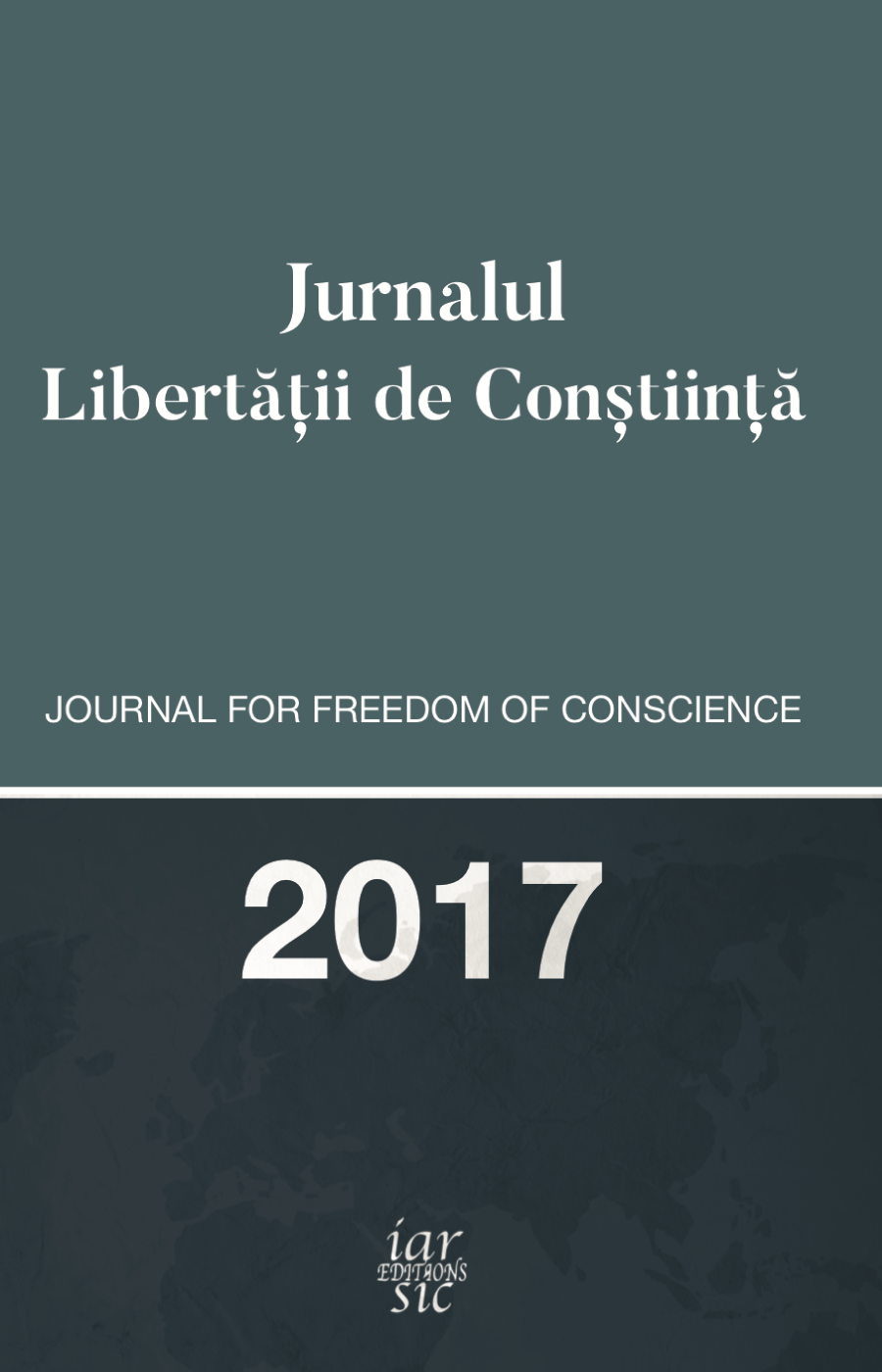Author(s): Arben J. Salihu / Language(s): English
Issue: 2/2018
For some time now and at several levels, various debates have been taking place, on whether the God factor, is, or can be made compatible with the contemporary science. This study attempts to explore the nature of this debate, by delving in two critical concerns; origin and evolution of life and universe. In line with meticulous endeavor to comprehend the matter of the concern, the theories pertaining to subjects of the debates, such as, the theory of evolution, theory of relativity and quantum physics are explored and analyzed. The exclusivity of this study is the omission of the religion (or respective religious point of view) from the debate itself. The paper also attempts to define God and additionally offers numerous prominent scientists’ views in relation to God. Moreover, the study also delves into the inside focus of the science camp and the burden of responsibility they have to the outside world. A number of significant points to the study, diverse in shape and composition, are put forward to elucidate the issues concerned. The paper, however, concludes that modern science, in relation to origin and evolution of life and universe, is unreliable, in disarray, filled, above all, with gaps, inconsistencies and paradoxes that scientists themselves admit. This challenging state has, ultimately, induced even modern prominent scientists to shift their belief and acknowledge that God, or, an undetected, but a crafted universal intelligence, is responsible for the creation, origin and evolution of life and universe, and not chance or spontaneity.
More...
